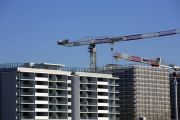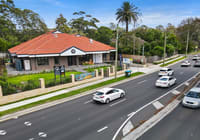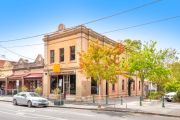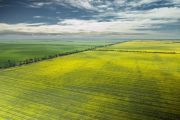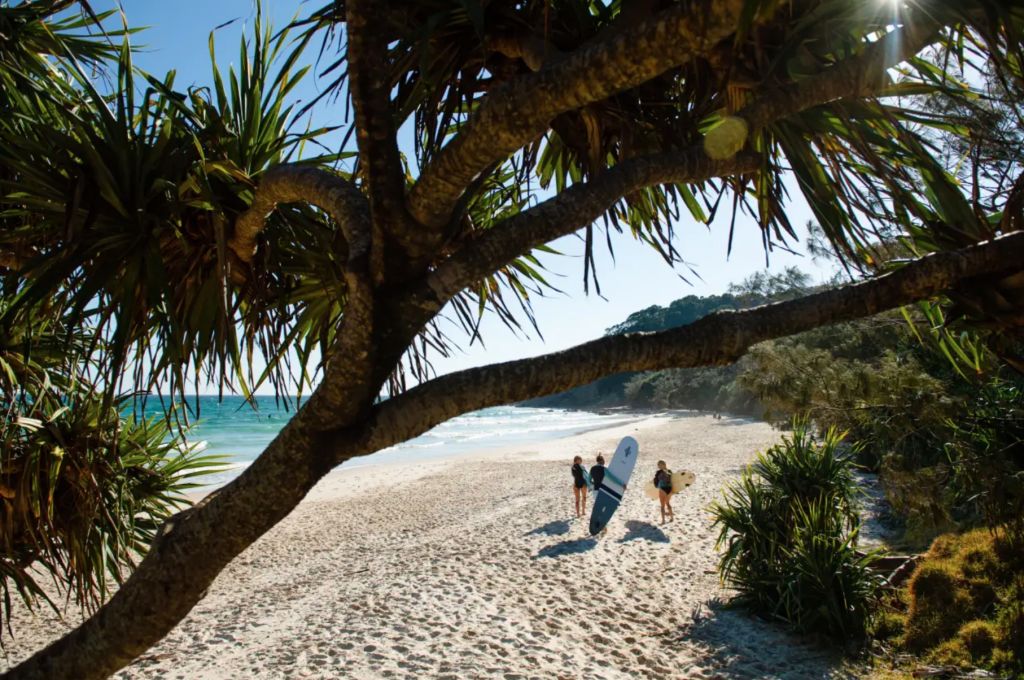
Why finding a holiday stay in NSW will be twice as hard
Thousands of short-term rentals in NSW have been suspended from the major online distribution platforms after failing to register their properties for the state government’s compulsory short-term rental registration scheme before the November 1 deadline, potentially creating a product shortfall just as regional tourism starts to boom.
Just 26,000 short-term rentals had registered by Monday, according to the NSW government, dramatically short of the Australian Short-Term Rental Association’s estimate that there are between 50,000 to 80,000 short-term rental properties.
Regional bookings have bounced since it was announced that travel throughout NSW could restart, also from November 1.
Booking website Stayz reported its best online traffic in more than six months last week, while Colin Hussey from Byron Bay accommodation management company A Perfect Stay said bookings had gone “mental”.
Mr Hussey said summer bookings are very strong and that the region is heading for occupancy rates of around 90 per cent, at a time when Byron Shire Council is attempting to have the local accommodation cap reduced from 180 to 90 days.
While this is sorted out Byron Shire has been excluded from the new policy until January 31, 2022.
Under the fresh rules, there is a 180-day limit on short-term rental properties in greater Sydney, the Ballina area, Newcastle, Dubbo and the Clarence and Bega Valleys, but no stay limit anywhere else.
All properties must register with the state government and abide by new fire safety regulations that come into force on March 1.
Luke Walton, executive director of local government and economic policy at the NSW Department of Planning, Industry and Environment, said the government wanted to influence investment decisions by introducing stay limits in certain areas.
“This policy is designed to give us access to proper data to make some informed decisions, really understanding what impact short-term rental is having on the local housing markets,” he said.
Mr Walton said when owners are “making those investment decisions around what’s a good return, the day caps might influence” them on whether to put their property on the short-term or long-term market.
Online platforms Airbnb and VRBO, neither of which will list unregistered properties, said more than 50 per cent of their active accommodation partners have signed up.
“We did see a late surge in registrations and we’re still working really hard to get any stragglers on board,” said Eacham Curry, director of corporate and government affairs at Expedia Group.
“I think it’s a recognition that with the return to fewer restrictions people have been keen to travel, and I think our partners have been keen to open their properties up again.”
The new laws, especially the arbitrary imposition of stay limits in certain areas with none in others, came under renewed attack on Monday from Local Government NSW, whose members will have to enforce rules they had no role in formulating.
President Linda Scott said: “Councils continue to be deeply concerned about the impact of the government’s new short-term rules.”
Ms Scott argued that local government areas should have the right to set their own accommodation caps in response to each area’s unique circumstances, rather than being forced to adopt the government’s “one size fits all approach”.



